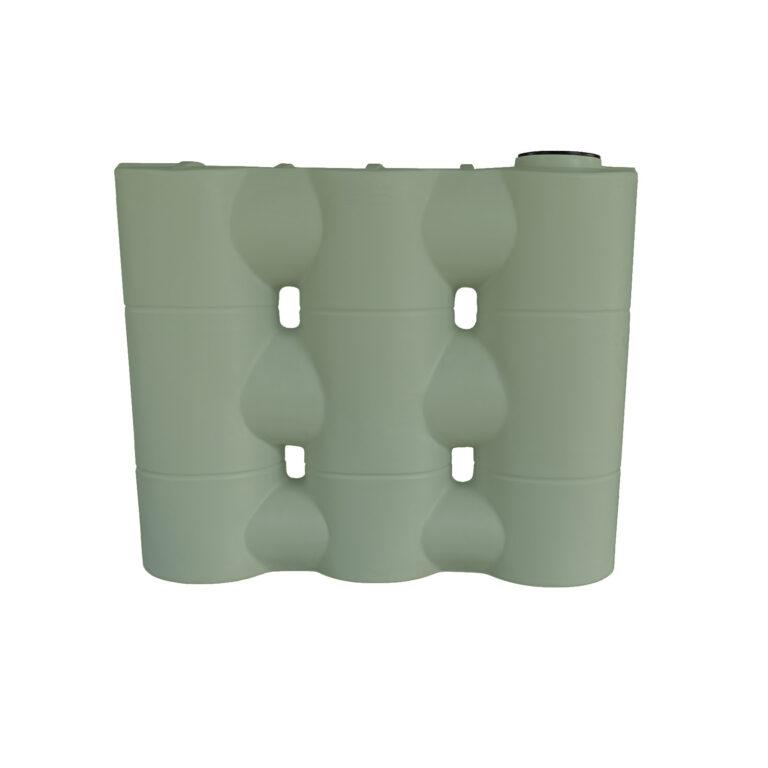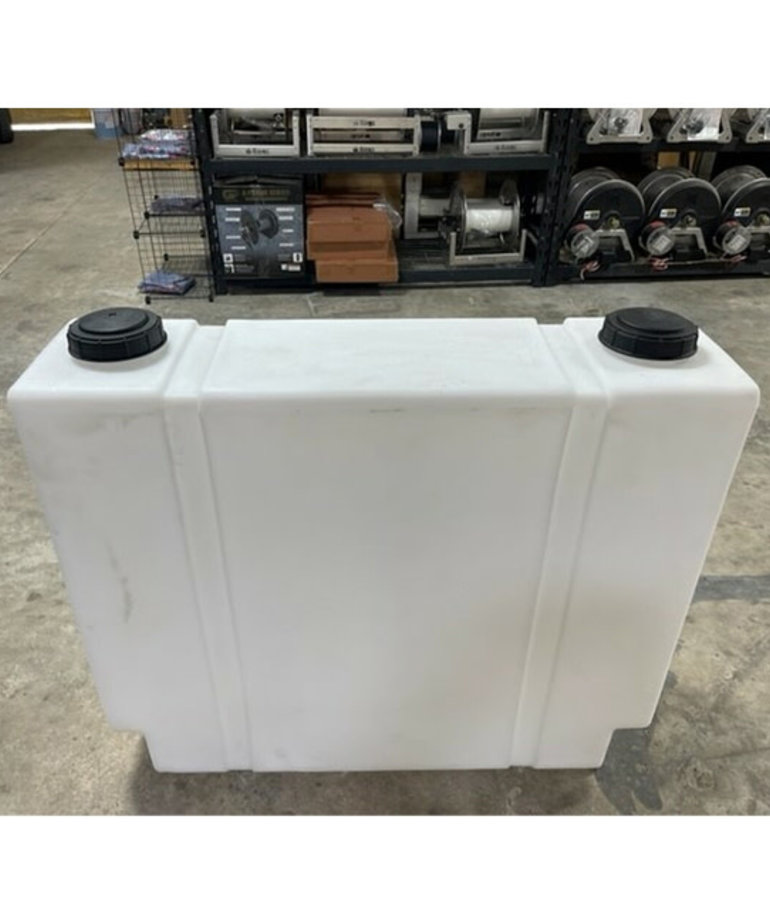Leading Factors to Purchase Slimline Water Tanks for Your Home
Exploring the Numerous Uses Rainwater Tanks for Residential and Commercial Properties
As the international concentrate on sustainable living techniques remains to increase, the application of rain containers in both household and industrial settings has actually become a relevant remedy. These storage tanks supply a reservoir for rain harvesting, offering a myriad of potential applications that prolong far past simple storage. From watering to bathroom flushing and landscaping, the convenience of rainwater tanks is substantial. In addition, their assimilation right into commercial residential or commercial properties opens a realm of opportunities for environmentally mindful businesses. The complex uses of rain containers provide an engaging case for their fostering, not just as a practical water-saving procedure but also as a testament to responsible resource management.
Benefits of Using Rain Storage Tanks
Using rainwater containers uses various benefits for both families and areas in regards to water conservation and sustainability. Among the key advantages of making use of rain storage tanks is the significant decrease in dependence on mains supply of water - Slimline water tanks. By recording and saving rain for later usage, people and neighborhoods can lower their need for cured water, inevitably easing the concern on water therapy facilities and lowering power intake associated with water transport and treatment
Furthermore, rainwater gathering with tanks provides a trustworthy alternate water source throughout times of water limitations or scarcities. This saved rain can be made use of for numerous non-potable functions such as watering, flushing toilets, and cleaning clothing, minimizing the stress on standard water sources. In addition, utilizing rainwater containers can result in set you back financial savings for both families and neighborhoods by reducing water bills and lowering the requirement for expensive infrastructure developments to satisfy growing water needs.
Essentially, the application of rain tanks uses a sustainable and eco-friendly method to water management, benefiting both private users and the wider area in terms of water preservation, cost-efficiency, and strength.
Rainwater Storage Tank Use in Irrigation
Provided the advantages of rain storage tanks in conserving water resources and minimizing reliance on mains water system, a substantial application exists in using stored rainwater for irrigation purposes - Slimline water tanks. Rain gathering systems can properly collect and store rainwater, providing a lasting water resource for sprinkling gardens, yards, and agricultural fields. By utilizing rain for watering, property proprietors can lower their dependancy on treated water sources, leading to set you back financial savings and ecological benefits

One of the main benefits of utilizing rain for irrigation is its pureness. Rain is naturally soft and free from the chemicals and ingredients frequently located in mains water, making it suitable for nourishing plants without the risk of dangerous effects. In addition, rainwater is at ambient temperature level, which can benefit plant growth by avoiding temperature shocks that can accompany cold keys water.
Rainwater Storage Tanks for Commode Flushing

Applying rain tanks for commode flushing is a cost-efficient and eco friendly practice that can be conveniently incorporated into both domestic and business residential properties. The kept rainwater can be made use of to flush commodes by linking the tank to the existing pipes system. This easy yet reliable option can considerably decrease water intake in a building, particularly in locations where water deficiency is a concern.

Including Rain Storage Tanks in Landscape Design
A reliable technique for boosting sustainability in landscape design includes integrating rainwater tanks to maximize water usage and advertise Clicking Here eco-friendly techniques - Slimline water tanks. Including rainwater tanks in landscape design uses various benefits for both residential and business residential or commercial properties. These tanks can record and keep rainwater drainage from roofings, which can then be made use of for sprinkling gardens, grass, and plants. By using rainwater for watering functions, homeowner can reduce their dependence on local water sources, leading to set you back click resources financial savings and preservation of precious water sources.
In addition to supplying a sustainable water source for landscape design requirements, rainwater containers can also assist in managing stormwater drainage. By capturing rain that would otherwise move into tornado drains pipes, these storage tanks can mitigate disintegration, reduce flooding threats, and stop pollution of all-natural water bodies. Moreover, incorporating rain tanks in landscape design can add to the general visual appeal of the residential or commercial property, showcasing a commitment to ecological stewardship.
Business Applications of Rainwater Tanks
Utilizing rain containers in industrial settings offers a lasting option for water administration and conservation, profiting services and the atmosphere alike. One key business use is for next irrigation objectives, where gathered rainwater can be made use of to water landscaping, yards, and agricultural fields bordering commercial homes.
Additionally, rain collected in storage tanks can be treated and utilized for non-potable objectives within commercial buildings, such as flushing toilets, cleaning, and cooling down systems. Overall, the consolidation of rain containers in commercial settings offers a practical and environmentally liable approach to water management.
Final Thought
From watering to commode flushing and landscape design, the use of rainwater containers can assist save water resources and reduce water costs. Overall, the convenience and sustainability of rain storage tanks make them a valuable financial investment for any type of home owner looking to raise water effectiveness.